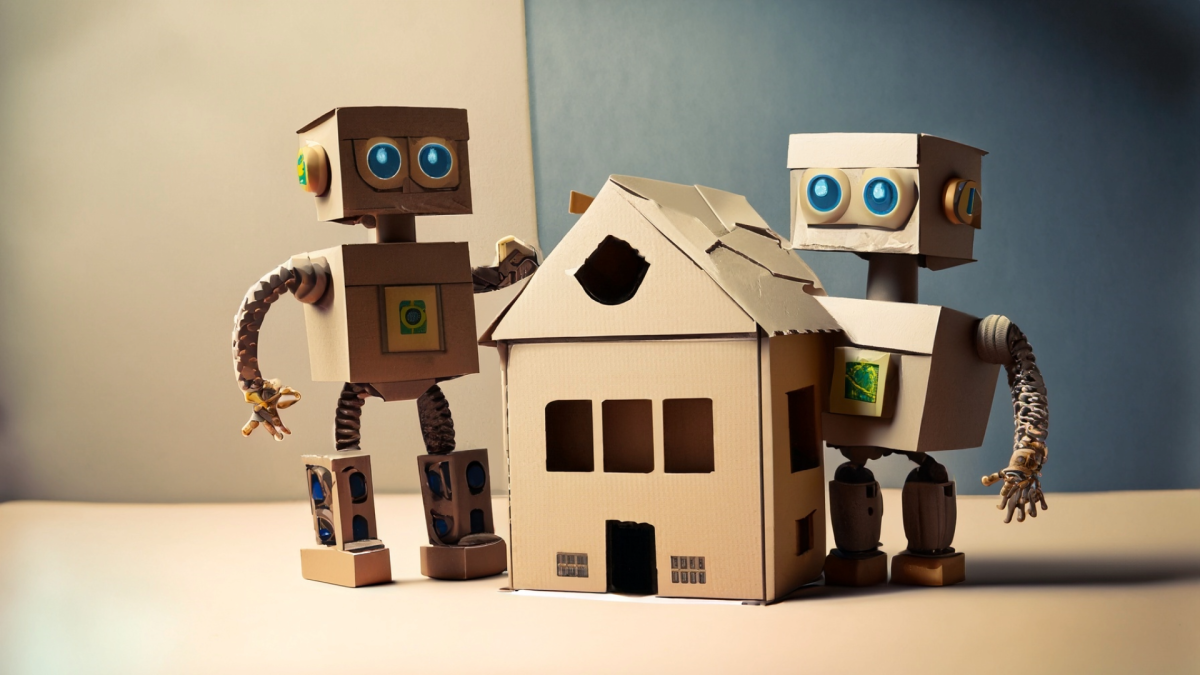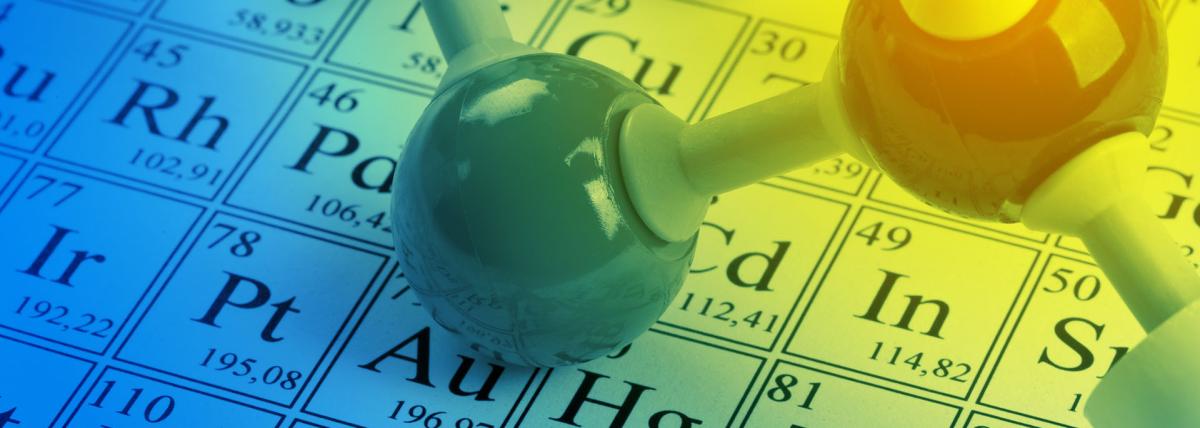Grades:
6th Grade
Over 2 days (60 min or more each day), students create a catapult out of jumbo popsicle sticks, a water bottle cap and rubber bands. The challenge is for students to launch their snowball (cotton ball
Grades:
5th Grade
This real-world lesson allows students to understand the impact of an oil spill on animals in the wild. Students experiment with ways to clean oiled animals. There is a literacy integration, hands-on
Grades:
2nd Grade
This lesson is to introduce students to coding using EdScratch and Edison Robots. Students use LEGOs to build a house for grandma and figure out a way to keep her safe.
Grades:
3rd Grade, 4th Grade, 5th Grade, 6th Grade
Students discover kite-making in this hands-on lesson! They create a kite with a variety of materials and test out the final product. This lesson can be adapted to fit different grade levels.
Grades:
5th Grade
In this hands-on lesson, students code Edison robots to run races and play tug of war. They will run experiments, measure results, and graph the data. Videos and additional resources are included!
Grades:
7th Grade
This is Task 2 (Lesson 2) of four tasks (lessons) of an overall project of “Escaping 7th Grade Science Room.” Students will be constructing Pangea with their group after reviewing the concepts.
Grades:
9th Grade, 10th Grade
This lesson plan focuses around 4 key topics, with activities for each. The plan covers renewable energy, solar energy, why solar energy is important, and what the children can do to conserve energy
Grades:
5th Grade
Students will begin to construct their containers for their eggs. Students will work together to build their egg protector container using the materials they brought in and that were provided for them
Grades:
4th Grade, 5th Grade
In this hands-on lesson, students design a safety device (car/seatbelt) that can keep an egg (passenger) safe during a collision. The goal is to protect the egg from cracking during a roll down a ramp
Grades:
7th Grade
The lesson gives an introduction to ASCII as part of a set of lessons that introduces computer science. Students learn what a computer can understand and create a bracelet in this introduction to
Featured
Parachutes - Air Resistance
Grades:
6th Grade, 7th Grade, 8th Grade
This middle school lesson covers the concept of air resistance. Students work in teams of 3 with a list of materials to design, build, and test 3 parachutes that will maximize the air resistance of a
Grades:
5th Grade, 6th Grade
This hands-on lesson has students create a barometer using a jar, balloon, stir stick and tape. They collect data over a span of time and graph it to understand how a barometer works and how it
Featured
Salt Lamps and Plants
Grades:
7th Grade, 8th Grade
Students in this lesson will set up an investigation to see if a salt lamp affects plant growth. They will use what they know about photosynthesis and cellular respiration to make sure the plants have
Spanish Retell of The Three Little Pigs -Los tres cerditos: y el lobo feroz using Beebots for Coding
Grades:
Kindergarten
• Student teams will work together in small groups to identify important story elements in a familiar story, then develop a plot diagram using Bee-Bots. • In a small group, students will use code to
Grades:
5th Grade
In this lesson students are going to learn that our solar system is part of many galaxies within our universe. The materials needed are paper plates, color pencils, scissors, paper, pencils, and iPad
Featured
Introduction to Vermicomposting
Grades:
Kindergarten, 1st Grade, 2nd Grade, 3rd Grade, 4th Grade, 5th Grade
The objective of this lesson is to introduce students to vermicomposting by explaining what it is and getting our bins set up. Students learn about recycling, share a read aloud, watch a video and
Grades:
4th Grade, 5th Grade
Students will be working with creating series and parallel circuits. Students will gain an understanding of the components used to create circuits and how circuits function in our everyday lives.
Grades:
4th Grade, 5th Grade
In this lesson, students will be creating and publishing a picture book describing the journey of a seed to becoming a plant. Students describe the journey of the seed through its own eyes by
Grades:
9th Grade, 10th Grade
In this lesson plan, students make use of their knowledge about homoestasis, osmosis, and types of solutions to design their own science investigation that will enable them to prove and answer: Why it
Grades:
3rd Grade
In this engaging lesson, students will create their own parade float using recyclable materials and code a parade route using Dash robots. Students will do this after hearing the story "Balloons over
Grades:
3rd Grade, 4th Grade
This hands-on lesson is based on the book, "If I Built a House". Students use recyclables to create a 'dream' house which is based on their likes and interests. Using the Engineering Design Process as
Grades:
3rd Grade
This lesson is the initial planning, sorting, and planting lesson to get Our Plot of Sunshine Curriculum started within a 3rd grade classroom. Can be modified for other grades, but math within this
Grades:
6th Grade, 7th Grade, 8th Grade
In this hands-on lesson, students will consider what they think about several different closed systems. Then students will design and carry out investigations of living things to inform their closed
Grades:
6th Grade
Students will be thinking like engineers as they design their marble roller coasters using the principles of kinetic and potential energy.
Featured Lesson Plans
Check out these notable lesson plans.

Featured
Shelter From the Sun
Grades:
Kindergarten
Kindergarten students explore earth materials to find out how the sun and other heat sources change their temperature. The students use what they learn in order to choose earth materials that would be

Featured
OMG! Empirical Formulas
Grades:
9th Grade, 10th Grade, 11th Grade, 12th Grade
Students will discover the Empirical Formula for the synthesis of Magnesium and Oxygen through a laboratory experiment in which they will react Magnesium Ribbon with atmospheric Oxygen by super

Grades:
6th Grade, 7th Grade, 8th Grade
In this lesson, students will explore the concepts of gear ratios and proportions. They will construct a working gear system and observe how the ratio between gears affects their motion. They will use


